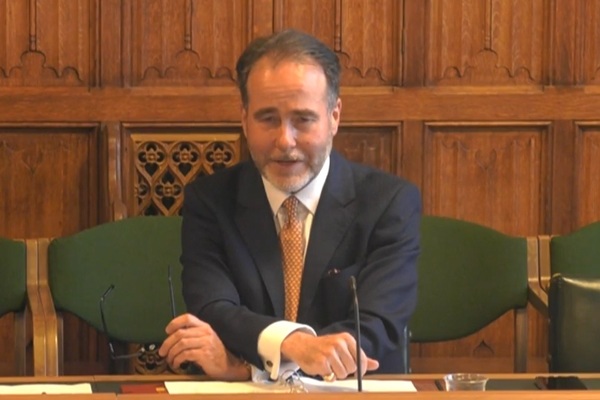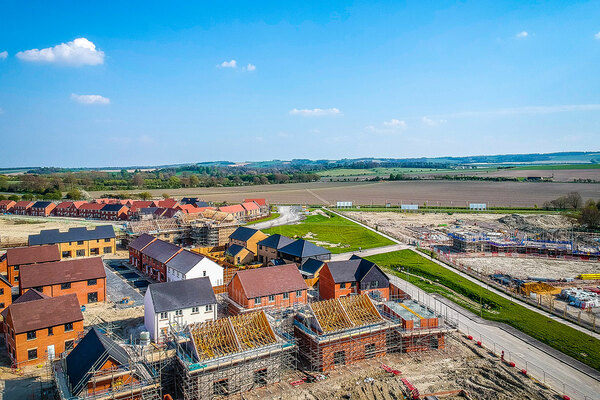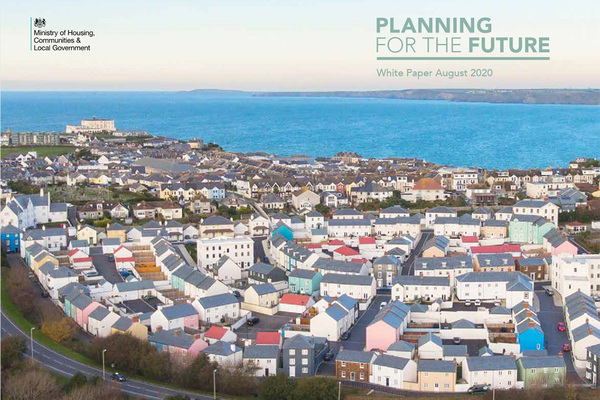Government could give greater planning control to councils with good housebuilding records, says Jenrick
Councils in England with good track records of delivering new housing could be given greater planning powers under the overhauled system envisioned by government, Robert Jenrick has hinted.
Speaking at the Local Government Association’s annual conference yesterday, the housing secretary said he wants to legislate for “a planning system that genuinely trusts councils and treats councils as adults”.
That could include offering some local authorities the power “to take action” against developers “impeding” their ability to deliver new homes for their areas, he suggested.
Last summer, the government set out proposals for a dramatic overhaul of the planning system in its Planning White Paper, and subsequently promised through the Queen’s Speech in May to introduce a Planning Bill during the current parliamentary session.
The wide-ranging reforms would see councils separate land into three planning categories – protected, renewal and growth – as they seek to hit government-set housebuilding targets.
Sites designated for growth would be subject to automatic planning permission, a concept which has been met with criticism from some across the political divide.
Labour has branded the proposals a “developer’s charter” – a term which the government rejects.
Mr Jenrick said today that he expects the government to respond in autumn to its consultation on the Planning White Paper, which received more than 44,000 submissions.
Legislation will then be brought forward “as soon as we can thereafter”, he added.
The reforms will see that where local authorities are “getting that development to happen, then in return for that the council should be able to get on with the job itself”, Mr Jenrick told the conference.
The cabinet minister suggested that could mean reconsidering the role of the Planning Inspectorate in “handling the plan-making process” for councils “that have a record of building homes”.
He added: “I do think that there may be an opportunity to look at the five-year land supply, and to bring an end to speculative development, again, where a local council has a plan, is building the homes that are needed, and is generally approaching development in a responsible way.”
“And I think that there are more powers that can be offered to local councils to take action against developers who are impeding your ability to do that, frustrating you and your local population.
“So, without setting out our plans in detail right now, the approach that we will take will be one whereby local councils are in the driving seat, and if you have a plan, and you really make that plan work, then you’re placed in a much stronger position, going forward, without unnecessary hindrance and interference from the Planning Inspectorate or other forces.
“And I think that will be very welcomed by councils, if we can strike the right balance, but it will be a quid pro quo.
“We all need to build the homes, let’s trust those councils that agree that that’s an important national and local priority.”
Sign up for our daily newsletter
Already have an account? Click here to manage your newsletters
Sign up for our Council Focus newsletter
Already have an account? Click here to manage your newsletters













